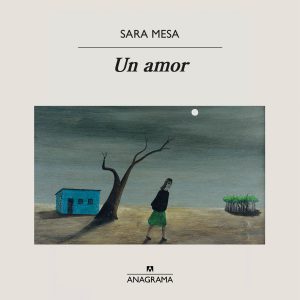This post is part of our Research Initiation Scheme for 2021-2022.
Hi Rochelle, what has your university journey been like?
Its’s been a very long one! I studied French and Spanish at A-Level and carried on with those two languages here at Queen’s [in my undergraduate degree]. In my third year, I went to Asturias and took the risky decision to stay there during the Covid pandemic to complete my year abroad. I later returned to Queen’s to complete my final year and started thinking about my next steps. Initially, I wanted to do a PGCE [Postgraduate Certificate in Education] but after speaking to my lecturers I learned about the Master of Research [MRes]. Intrigued, I submitted a proposal, then I was awarded a scholarship to help with funding, and now I am at the end of my Masters with a dissertation deadline this September.
Your dissertation is entitled ‘Female Voices and Testimonies From the España vacía/vaciada’, can you tell me more about this?

The female voices refer to these texts written by contemporary female Spanish authors: Tierra de mujeres, by Maria Sánchez, Feria by Ana Iris Simón and Un amor by Sara Mesa. They each focus on a unique aspect of the countryside, a motif that has long been discussed in Spanish literature but was recently brought into conversation after Sergio del Molino’s book La España vacía. The title means ‘empty Spain’ but critics challenged that La España ‘vaciada’, meaning ‘Spain emptied’, would have been a more accurate title to describe the changing countryside. His book explored the portrayal of the Spanish countryside and rural to urban migration trends in literature, film and press articles. My dissertation therefore analyses how these three texts dialogue with the concept of ‘España vacía’ and how these texts challenge the mistreatment of the countryside and rural women. I also look at the extent to which these texts can be a form of provocation or activism and if there is a correlation between the success of these texts and the fact there is a wide female readership in Spain.
Continue reading